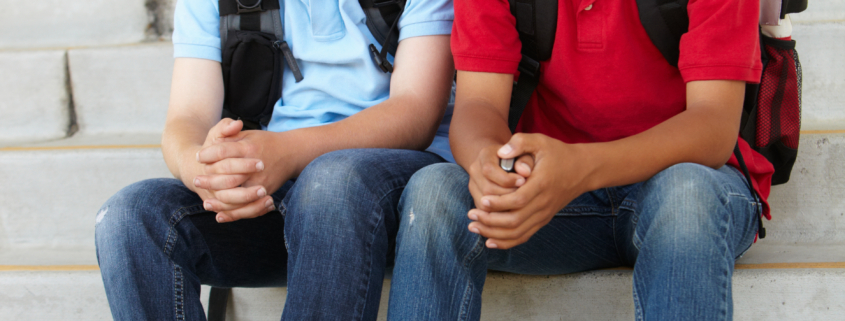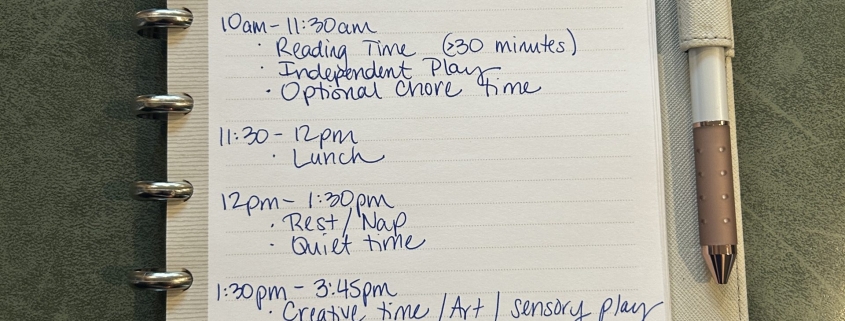What to Expect When You Start Counseling for Trauma
Reaching out for help following a traumatic experience is tough. There seems to be so much to consider when finding a therapist. Here are some things to focus on as you begin that search:
- All of the therapists at our practice are licensed and credentialed in our state to provide mental health counseling. The state licensure boards determine if someone has completed all the necessary steps (masters degree from an accredited program, earned supervision hours, passed a background check, and have experience working with clients as student interns). If you seek counseling, the first step would be to ensure that the person you are seeing is a licensed therapist in the state in which you are receiving services.
- You then need to find someone who fits your proximity, schedule, availability, and your budget for counseling services.
- Lastly, you’ll want to ensure that for treating trauma, the therapist has an additional certification or training in an evidence-based trauma treatment. Trauma fits its own category of mental health treatment and you’ll want to be sure the person you are seeing has obtained additional training in a program that treats trauma, in addition to their graduate degree.
Creative Family Counseling offers several evidence-based trauma treatments at our practice. Being an “evidence based” approach means that the theory, protocol, or method of the counseling model used has been proven through research studies to reduce the symptoms associated with the trauma.










